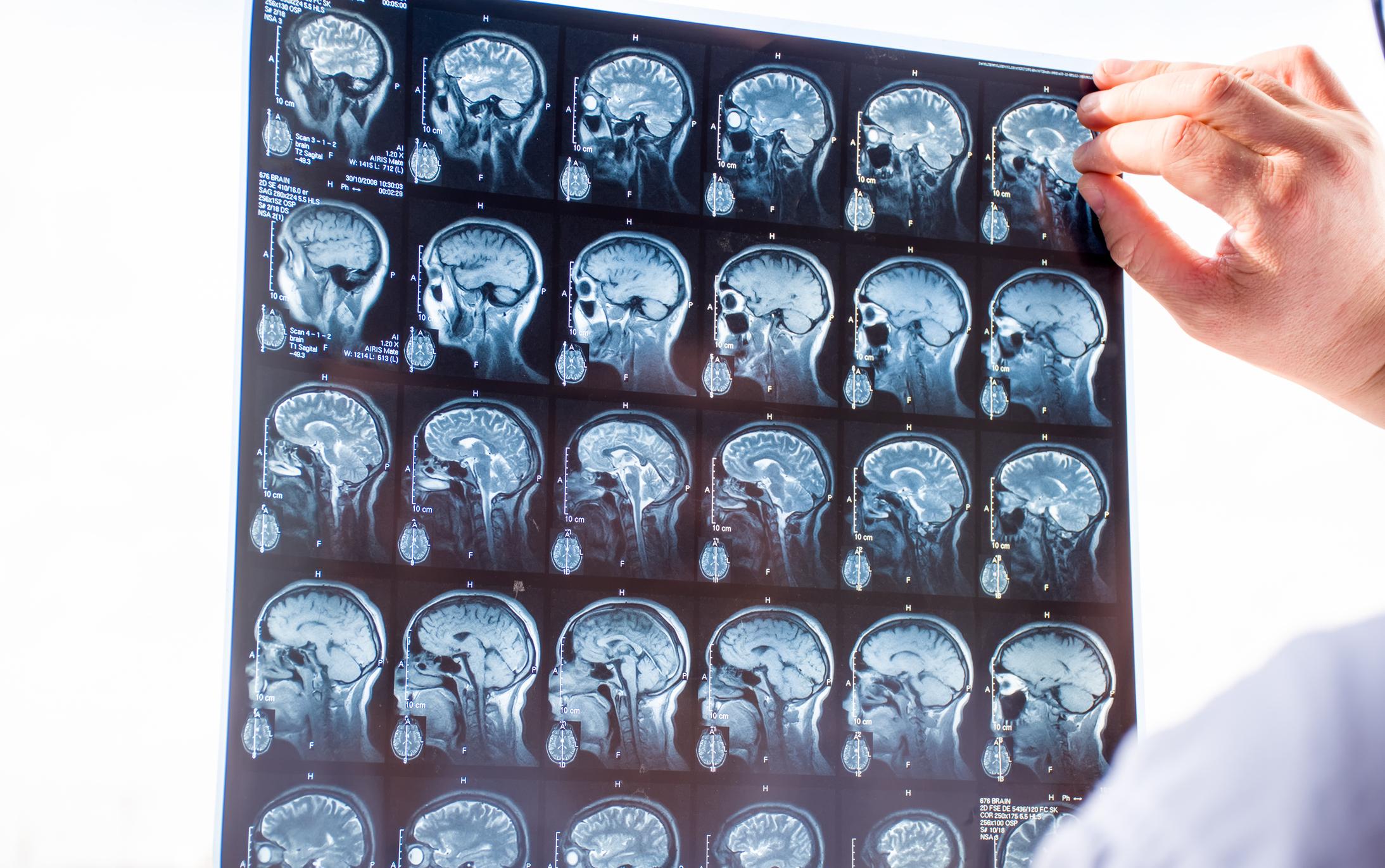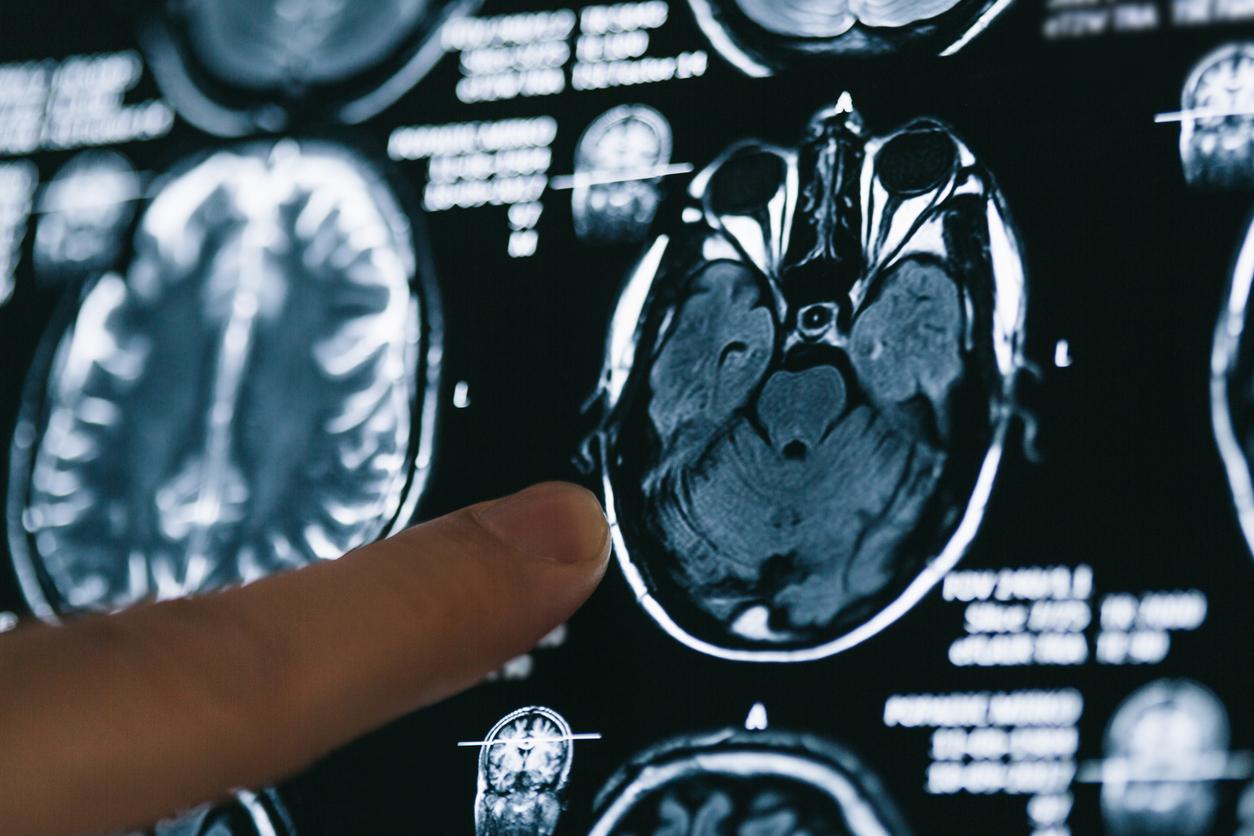British and Canadian researchers have highlighted the key role of salt in brain function. This discovery advances research on epilepsy.

What if salt was able to advance our understanding of the mechanisms of epilepsy? In any case, this is what seems to be shown by a British-Canadian study on epileptic syndromes, a chronic neurological disease linked to the extreme hyperactivity of a group of neurons in the brain. Unpublished results published a few days ago in the scientific journal Nature Structural & Molecular Biology.
It is a team of scientists from theMcgill university (Montreal), in collaboration with the British University of Oxford, which investigated the incidence of sodium in epilepsy. Through computer simulations, these researchers discovered that this metal was the sole switch for an important neurotransmitter receptor in the brain, necessary for its proper functioning. Bearing the name “kainate”, this receptor is believed to be involved in several diseases such as epilepsy and neuropathic pain, when its activity is no longer balanced.
The conclusion of these researchers is far from being anecdotal since they believe that by deactivating these “kainate” receptors, it would be possible to reduce epileptic seizures. “To do this, it would be necessary to identify the precise site which binds these sodium atoms and controls the activation and inactivation of the kainate receptors”, confides Professor Derek Bowie, principal author of the study.
And the specialist adds that, “these results nevertheless open up the possibility of developing targeted drugs that do not act on other sites. They would therefore have the advantage of exhibiting fewer undesirable effects. “
It is estimated that there are around 450,000 people with epilepsy in France. So far, in some very special cases, epilepsy can be permanently cured by eliminating its cause. A lesion, tumor or malformation can be operated on. However, in the majority of cases, the treatment is medicinal and intended to reduce or suppress seizures, while causing minimal side effects.
.

















